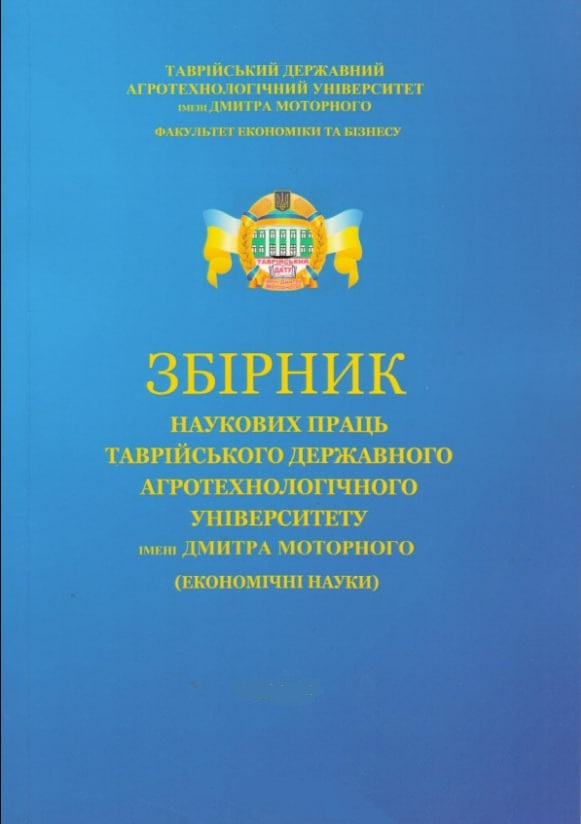ПРИНЦИПИ УПРАВЛІННЯ ІННОВАЦІЙНО-АКТИВНИМ ПЕРСОНАЛОМ В НОВІЙ ЕКОНОМІЦІ
Анотація
Анотація. Специфіка управління інноваційною діяльністю на підприємстві, а також інтенсивні соціально-економічні перетворення, що формують умови нової економіки вимагають подальшого розвитку принципів управління інноваційно-активним персоналом. Міждисциплінарна природа процесу управління інноваційно-активним персоналом, визначила необхідність конвергенції принципів управління, синергетики, організації інноваційного процесу і суб’єктності. На основі симбіотичного поєднання принципів, які представляють різні наукові напрямки, в статті отримана система ключових орієнтирів формування підприємства, що навчається на засадах нової економіки та менеджменту знань.
Посилання
2. Лепский В. Е. Организация саморазвивающихся инновационных сред / Под ред. В. Е. Лепского – М. : «Когито-Центр», 2012. – 192 с.
3. Давила Т. Работающая инновация / Т. Давила, М. Эпштейн, Р. Шелтон. – Пер. с англ. – Днепропетровск : Баланс Бизнес Букс, 2007. – 320 с.
4. Нордстрем К. Бизнес в стиле фанк : капитал пляшет под дудку таланта / К. Нордстрем, Й. Риддерстрале. – СПб. : Стокгольмская школа экономики, 2008. – 280 с.
5. Богданов А. А. Тектология : Всеобщая организационная наука. В 2-х кн. : Кн. 2 / А. А. Богданов. – Отв. ред. Л.И. Абалкин. – М. : Экономика, 1989. – 352 с.
6. Рубинштейн С. Л. Проблемы общей психологии / С. Л. Рубинштейн. – М. : Педагогика, 1973. – 424 с.
7. Психологический словарь / Под ред. П. Гуревича. – М. : ОЛМА Медиа Групп, 2007. – 800 с.
8. Петровский В. А. Личность в психологии : парадигма субъектности : монография / В. А. Петровский. – Ростов на Дону : Феникс, 1996. – 505 с.
9. Лепский В. Е. На пути к постнеклассическим концепциям управления / Под ред. В. И. Аршинова, В. Е. Лепского. – М. : Институт философии РАН, 2005. – 266 с.

